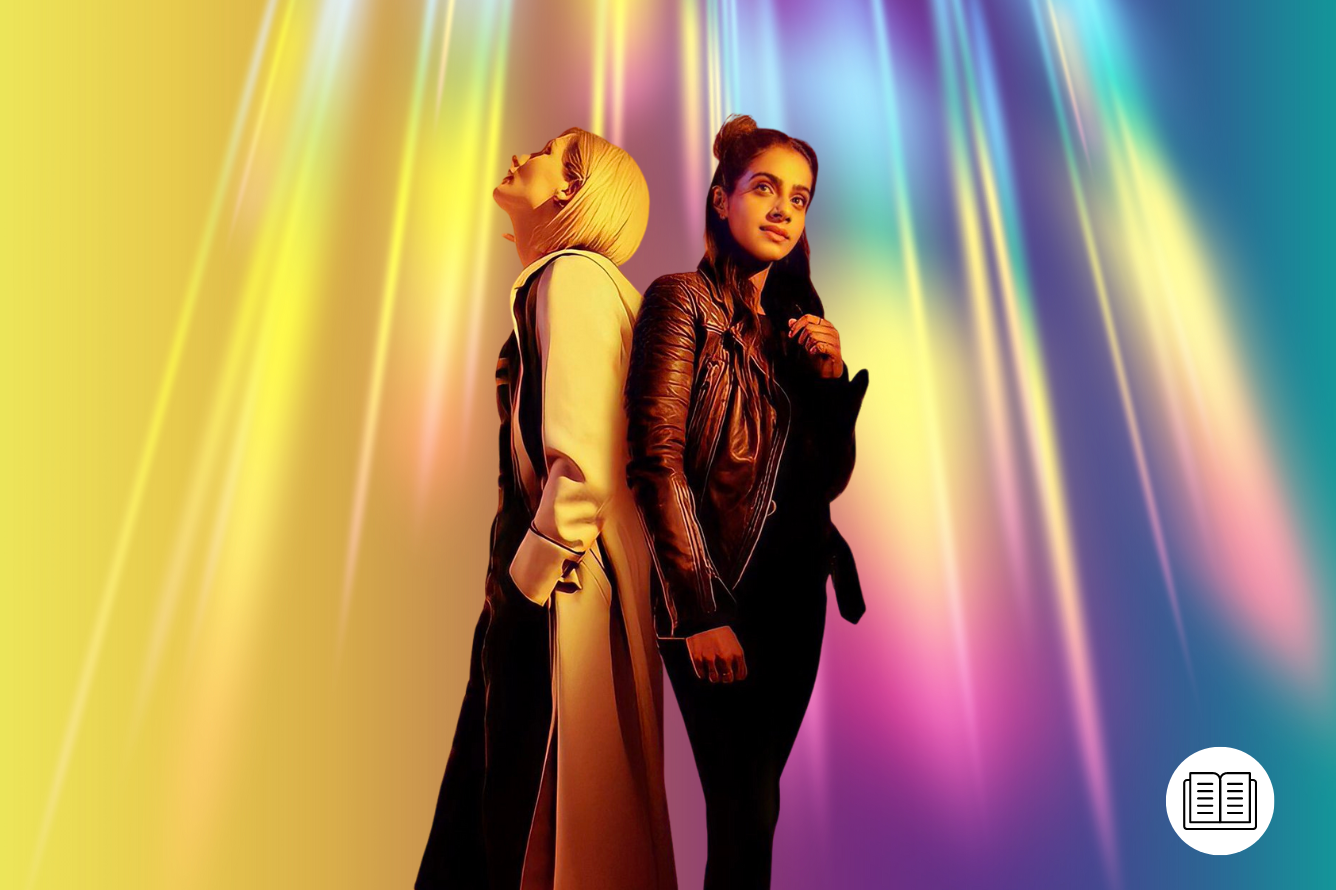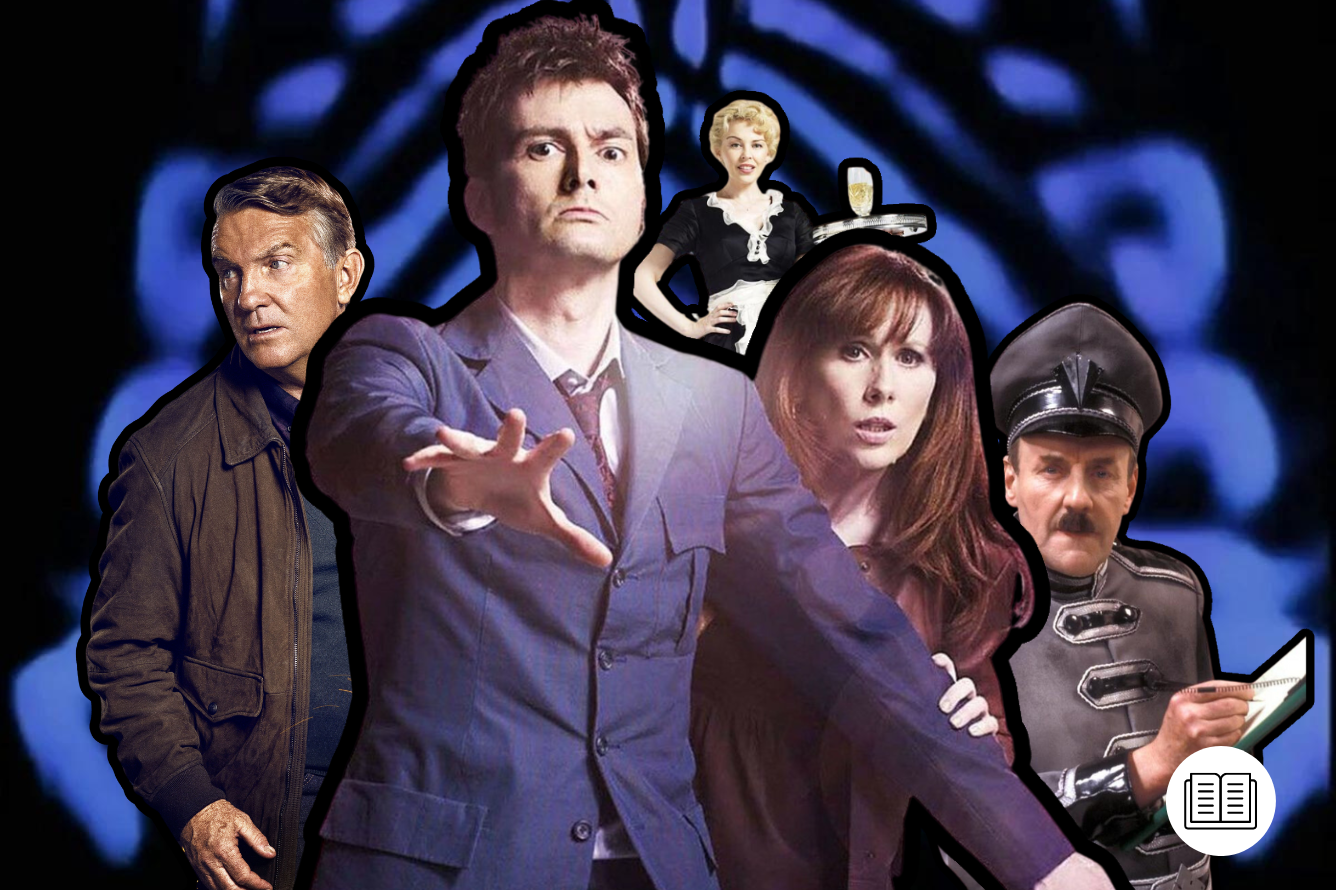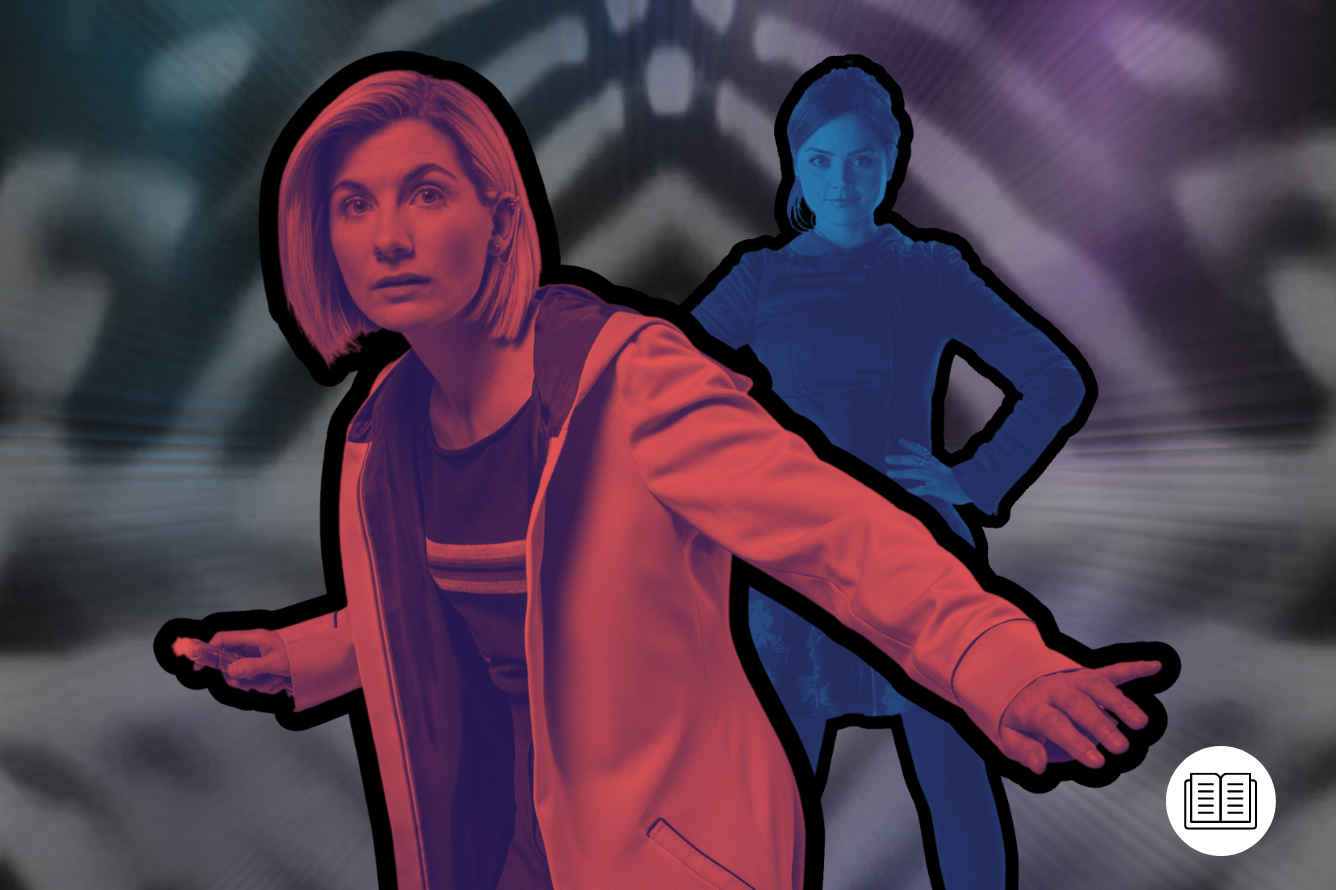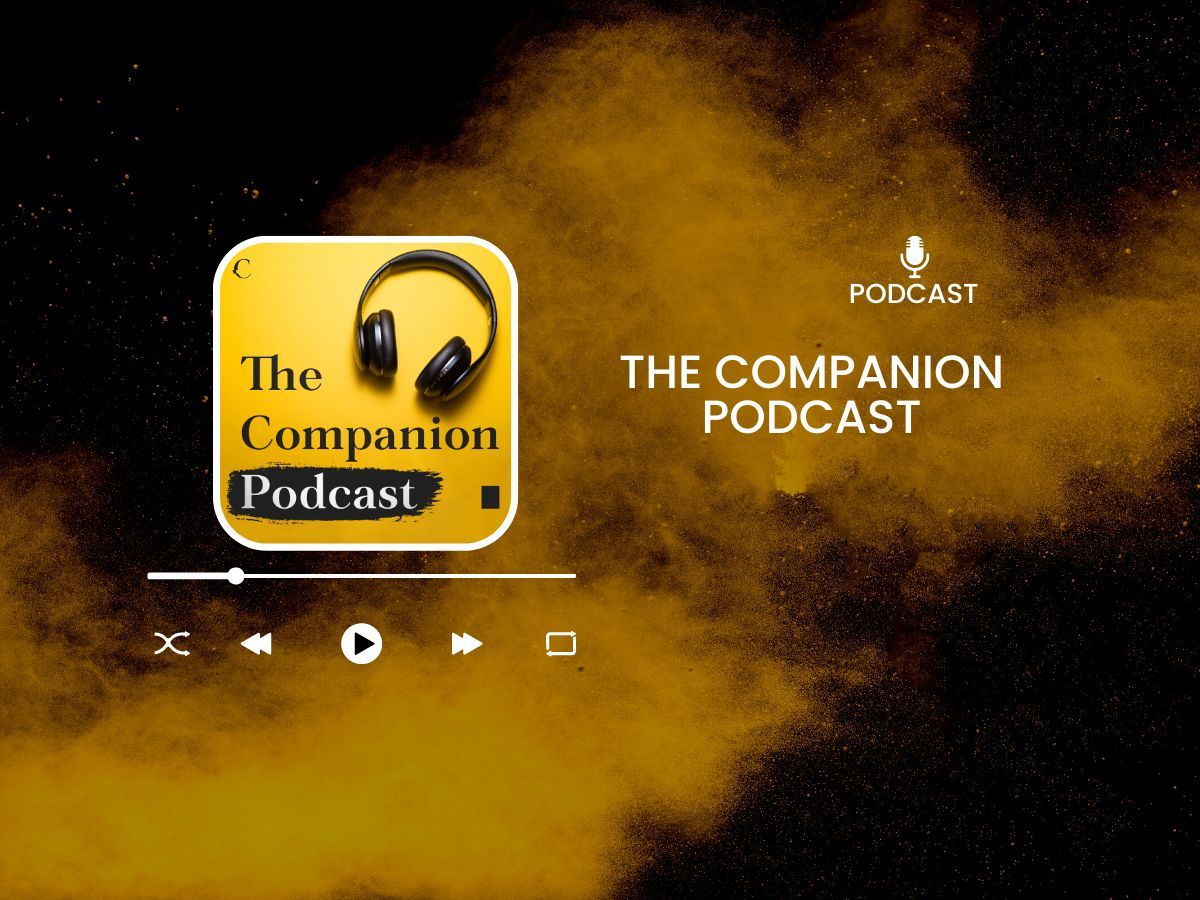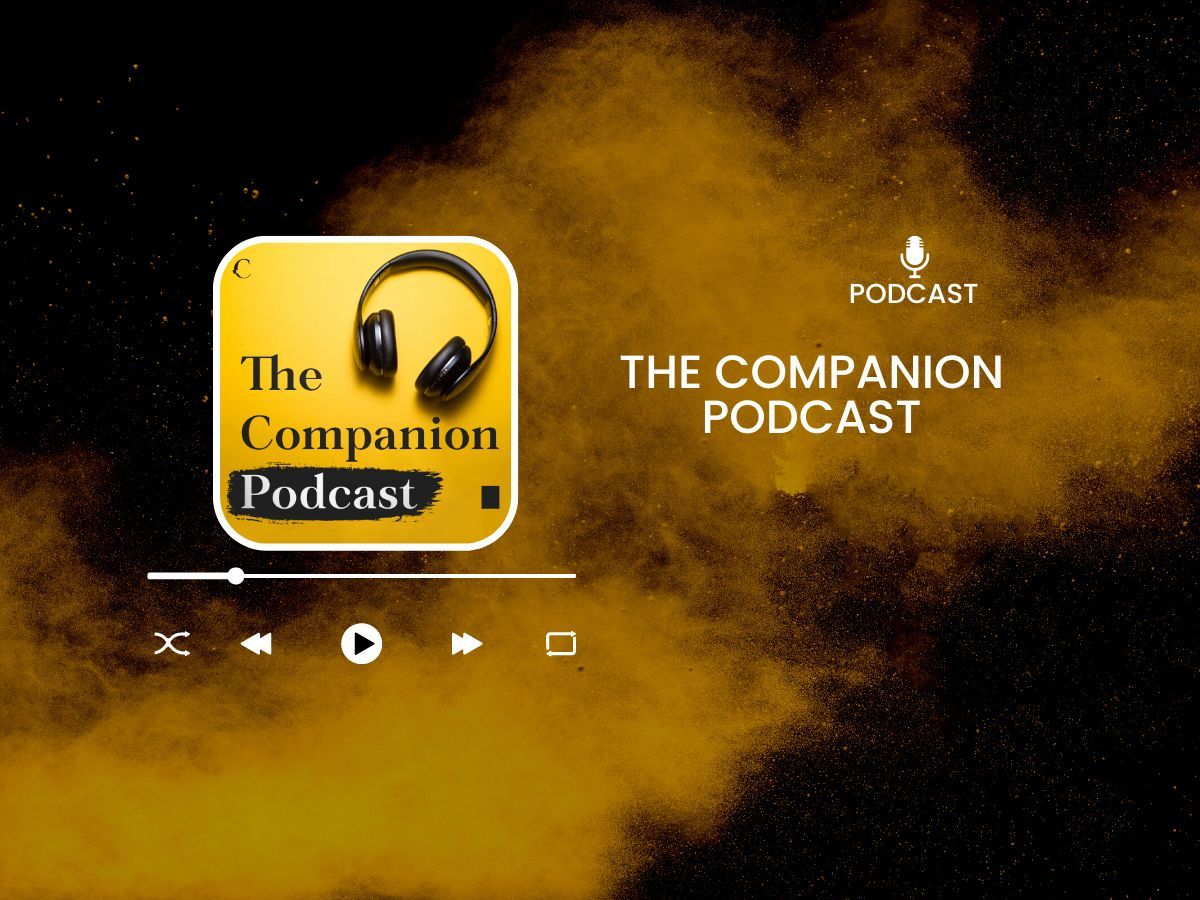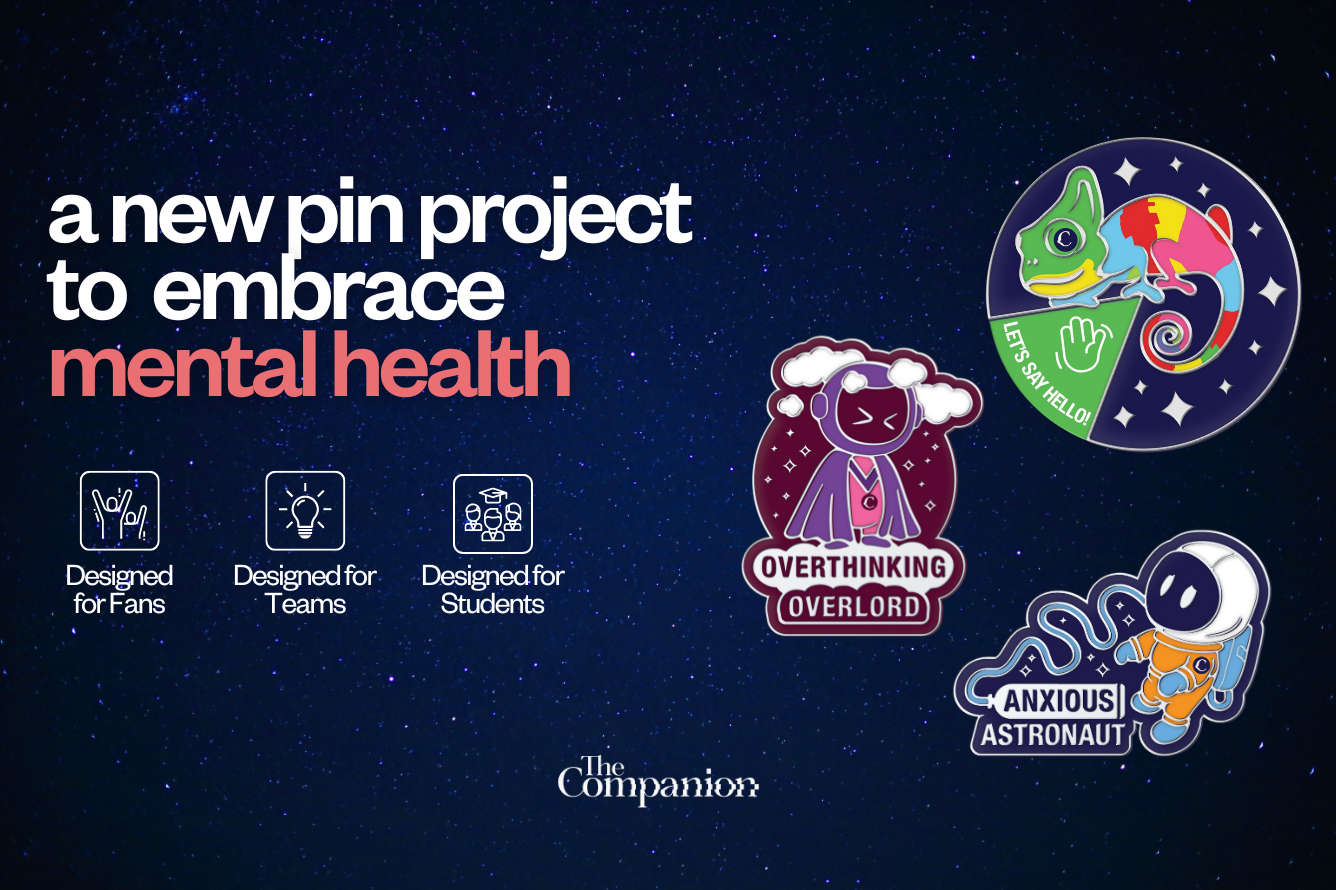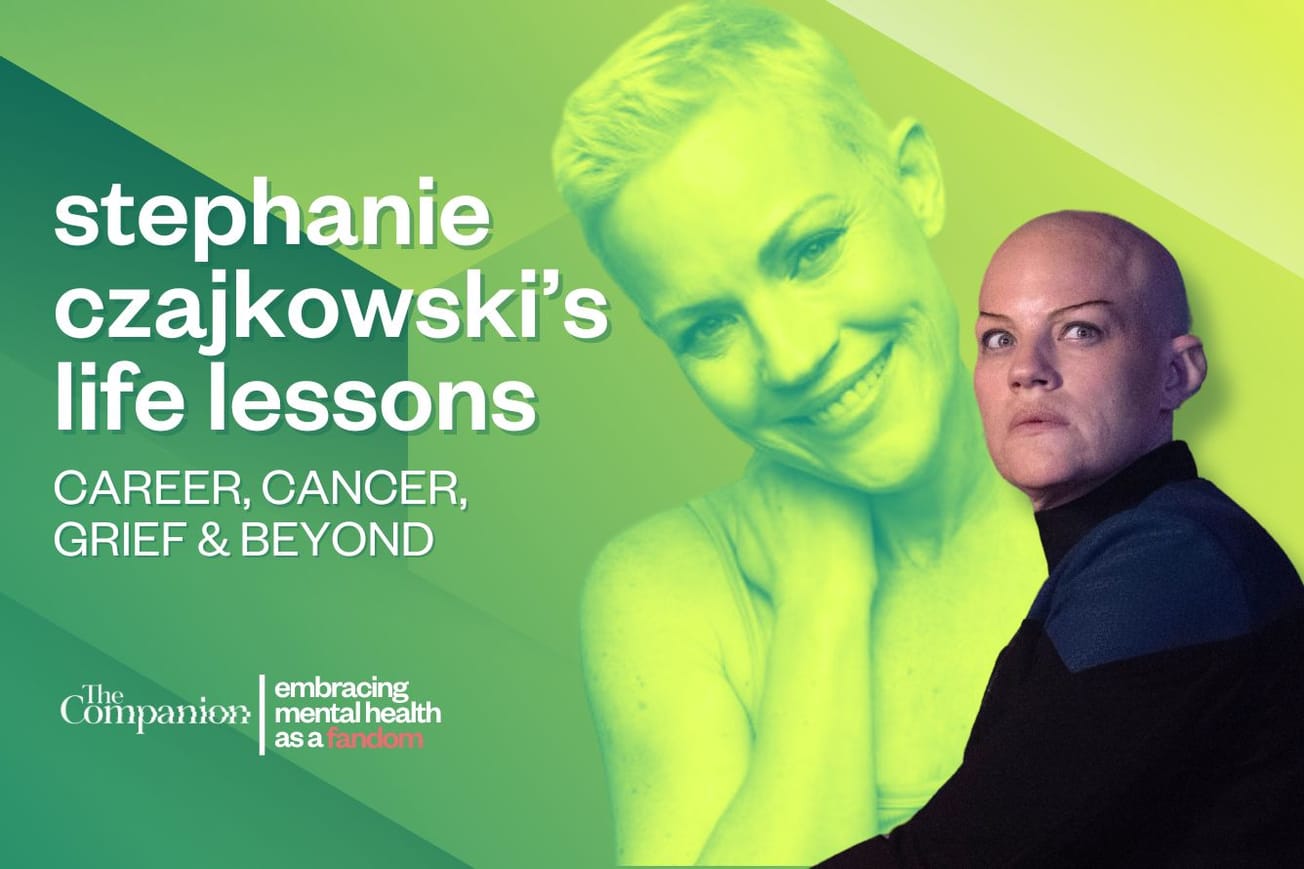The Doctor has been known across time and space. This incredible adventurer who can vanquish great armies that threaten the galaxy or modern-day London (or Cardiff, or Sheffield) should be both feared and admired. In more recent seasons of the show, The Doctor has been linked with various female partners, so why when it came to the Thirteenth Doctor did the BBC suddenly turn coy?
It’s important to note that every single modern Doctor, starting – controversially – with Paul McGann’s Eighth Doctor, has kissed women, and enjoyed it. This shouldn’t be something that has to be entirely relevant for the show as a whole – Doctor Who isn’t about kissing girls (it probably wouldn’t have read as quite so flamboyantly queer-coded for a generation of gay men had it been), nor is it about The Doctor finding love and happiness with a romantic partner.
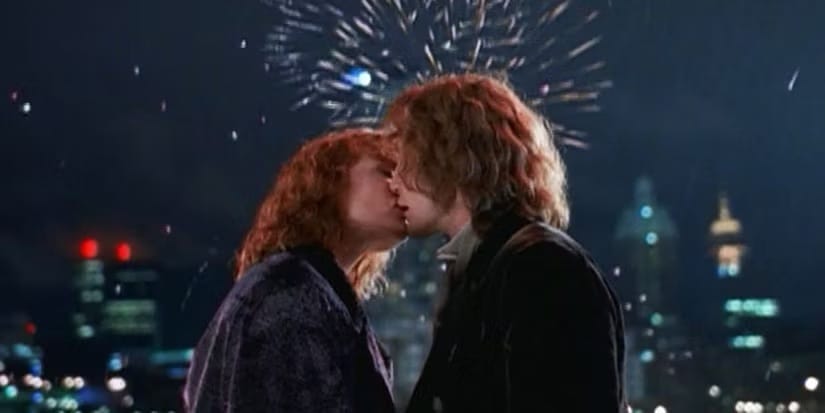
That scenario was fitting for Peter Capaldi’s Twelfth Doctor – his time on Darillium with his wife River Song (Alex Kingston) was a great fairytale ending for the pair in the bittersweet 2015 Christmas special, ‘The Husbands of River Song’. But no, it is often more about The Doctor spreading hope across the galaxies, and that is something that audiences old and young can look up to.
What if we were to ignore all that for a minute? If we were to look at the Doctor as a character and wonder who they were attracted to, that answer would be a lot to unpack.
Sexuality and the Doctor
For starters, it’s important to note that who The Doctor is attracted to can vary a lot. The Doctor as a person is somebody whose gender and sexuality are extremely fluid – as they are an alien whose form can change, human definitions of these things really don’t apply. I mean, Eleven (Matt Smith) was shown to have borderline romantic feelings for his TARDIS, so a woman kissing a woman hardly stretches the bounds of credibility.
And that ambiguity is actually a positive – it means that there is potential for the Doctor to experience romantic attraction in an infinite variety of ways, and that should be celebrated.
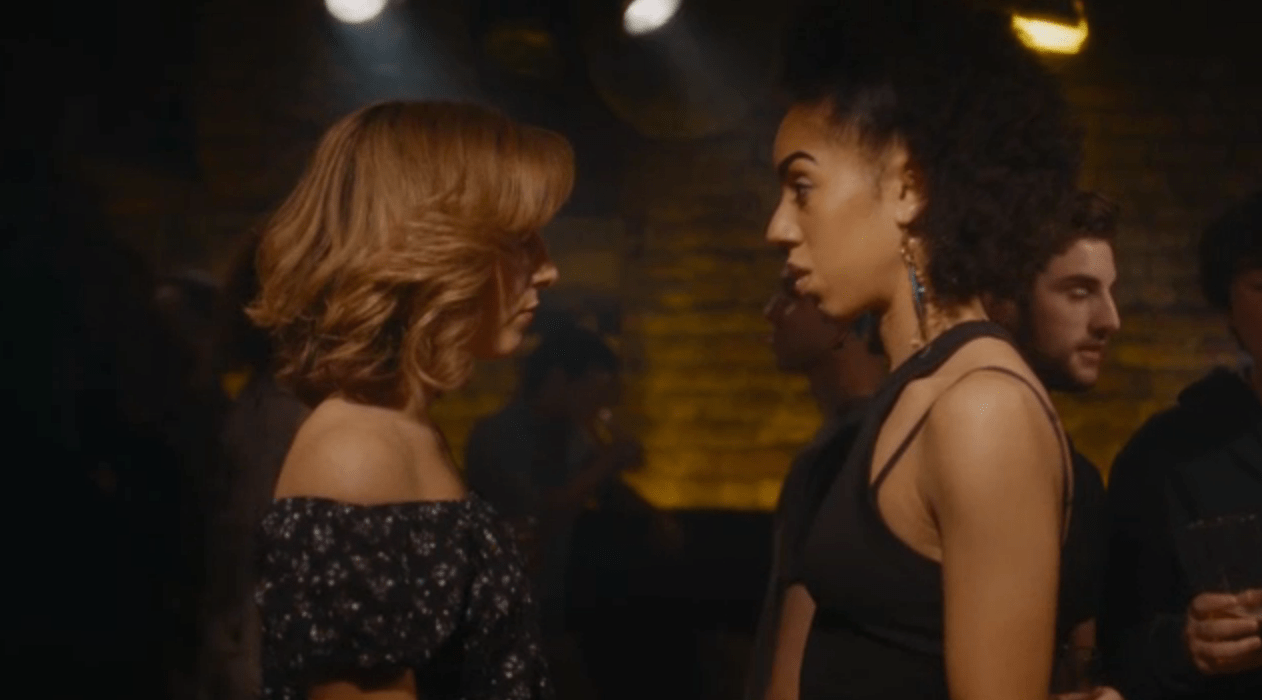
Doctor Who has seen LGBTQ+ characters before, but the only regular has been Pearl Mackie’s Bill, who traveled with the Twelfth Doctor in his final season. (Shout out also to John Barrowman’s Captain Jack and Neve McIntosh’s Madam Vastra who were recurring rather than regular). When it was announced that there would be a gay companion, the press went wild, and then showrunner Steven Moffatt had this to say at a press conference:
“We’re not expecting any round of any applause or pat on the back for that. That is the minimum amount of representation that she has on television, and the correct response will be ‘What took you so long?’”
What took you so long, indeed? It's a good response, of course, but it does leave viewers thinking what did take so long, especially when the opportunities are endless.
As for the Doctor, it is most likely that they are, at the very least, pansexual. Throughout the show, they have been seen embracing sexual tension with all manner of human, alien, and time machine. Whether it’s the Twelfth Doctor and River, or the Third Doctor (Jon Pertwee) and Roger Delgado’s Master, or the Fourth Doctor (Tom Baker)’s undeniable chemistry with Romana (Lalla Ward, who went on to marry Baker in 1981) there is ample evidence to suggest that the Doctor likes people of all types.
So, why is it that the most recent Doctor – Jodie Whittaker’s Thirteenth – has almost a lack of sexual attraction to anyone whatsoever? It isn’t necessarily a bad thing – having a female protagonist not be defined by her pursuit or rejection of romance is something we don’t often see – if they were to opt for no romantic storylines whatsoever, that would be a change of pace from previous Doctors. (Even if it would upset a lot of fans craving gay content.)
It does beg the question of why shouldn’t the first female Doctor have a love story? If it’s well written, it shouldn’t be a problem. And it’s interesting because her way of interacting with companions almost feels like how the First Doctor (William Hartnell) was with his own TARDIS team – strictly platonic (albeit less abrasive…). With the odd exception here and there, it really does seem like Thirteen just wants friends.
It could be interpreted that Thirteen is not as interested in romance as her more recent predecessors and that she’s more in kinship with her earliest selves, who focused more on adventure than romantic partners, aside from the odd romance, such as the First Doctor with Cameca (Margot Van der Burgh) in the sixth serial of the very first season, ‘The Aztecs’ (S1, Ep27-30).
The writing team may have wanted to focus less on a love storyline and more on family since that has proven such a prominent subtext of most of Thirteen’s run. However, it’s no secret that the writing in Chris Chibnall’s era has been questionable at best – characters were rushed, arcs were poorly written, and viewers were left questioning the plot multiple times. If there was some sexual tension between Thirteen and Yaz (Mandeep Gill) – and we firmly believe there was – it’s possible that it could have been lost in the flurry of everything else that was going on in stories that featured multiple companions and recurring quasi-companions such as Kate Lethbridge-Stewart (Jemma Redgrave) and Vinder (Jacob Anderson)


